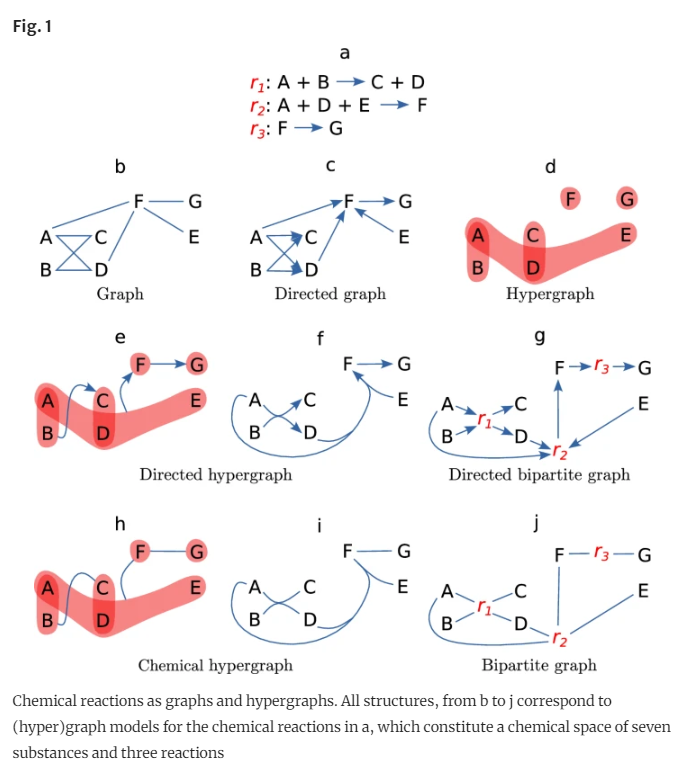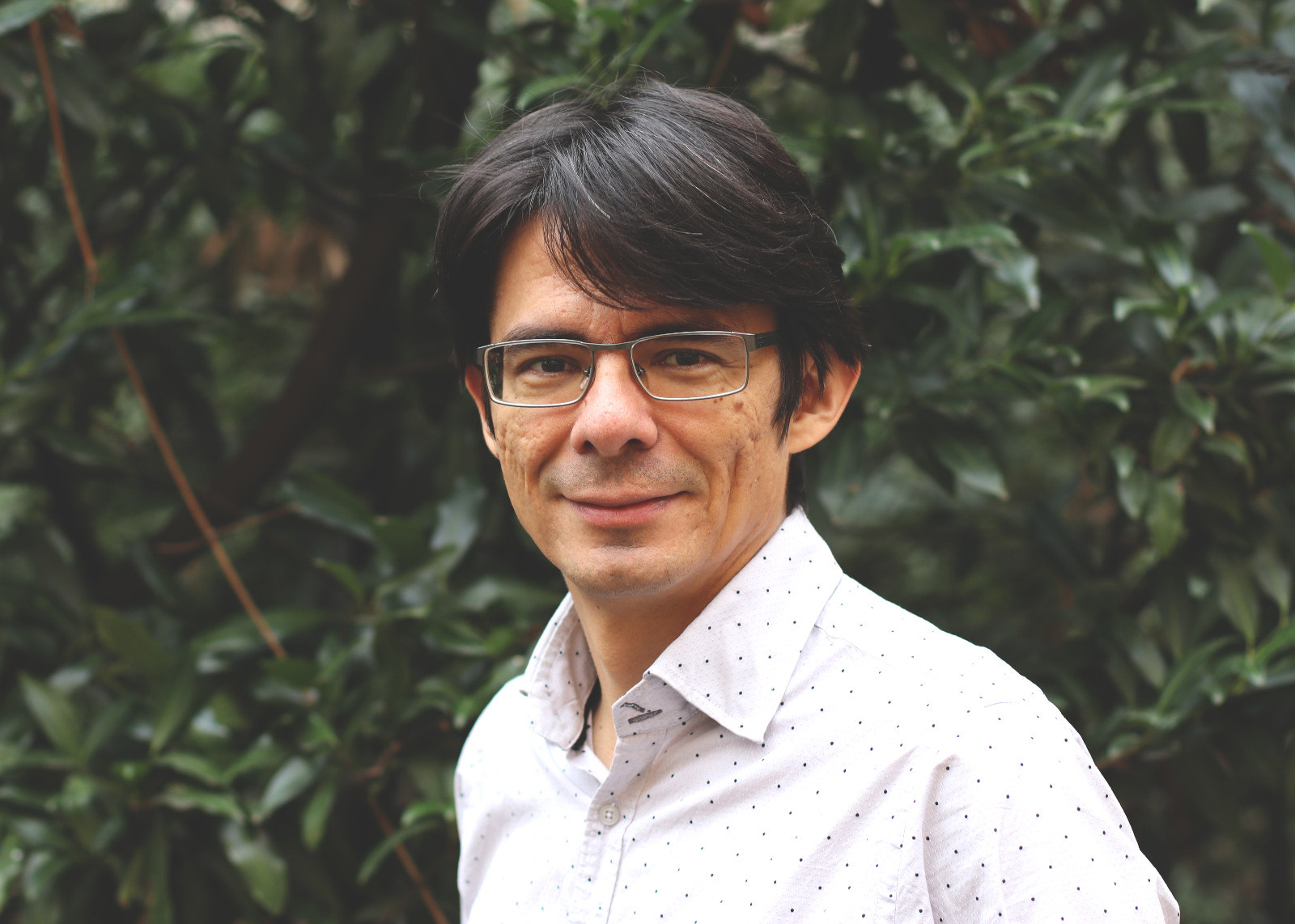Seminario: "Chemical space: challenges and opportunitites at the border of chemistry, mathematics and computer sciences."
Presenta: Dr. Guillermo Restrepo
Fecha: 15 noviembre 2024, 12:00 hrs.
Ubicación: Aula Magna (piso 6), UAM Cuajimalpa
Transmisión en vivo por YouTube: DCNI UAM Cuajimalpa
"Chemical space: challenges and opportunitites at the border of chemistry, mathematics and computer sciences."
Modelling the evolution of the chemical space requires the development of mathematical and computational frameworks that encode the dynamics of the entire network linking chemicals through chemical reactions. In this presentation, I will explore some of the current computational ontologies for chemistry, their importance and shortcomings, and the need for a stable ontological framework for the future of chemistry and its computational scope. Additionally, I will provide a mathematical framework that relates the various ontologies of chemistry and their interconnections.
In the second part of the talk, I will examine the available models for chemical space, focusing particularly on those based on hypergraphs, in contrast to the traditional graph- based approaches. I will discuss the advantages of the hypergraph framework, along with its associated challenges. Some results will be presented on the use of hypergraphs, covering the evolution of the chemical space from 1800 to the present day. I will also address the significance of random hypergraphs and their chemical relevance, as well as recent advances in exploring the mathematics behind these random structures. Lastly, I will highlight the role of generative models for hypergraphs, along with their chemical significance and implications.


Guillermo Restrepo received his BSc (1998) and MSc (2003) degrees in chemistry at the Universidad Industrial de Santander, Colombia. He obtained his PhD at the Universität Bayreuth (2008) and held two postdoctoral positions (Universität Bayreuth, Texas A&M University). For a decade, he was a chemistry Professor at the Universidad de Pamplona (Colombia). He was an
Alexander von Humboldt Foundation Fellow at the Universität Leipzig (2014–2017). Since 2017, he has been at the Max Planck
Institute for Mathematics in the Sciences where he conducts research on the history of chemistry through the mathematical and computational analysis of millions of substances and reactions. He is the 2020 recipient of the Gmelin–Beilstein Denkmünze of
the German Chemical Society.
http://www.guillermorestrepo.com
